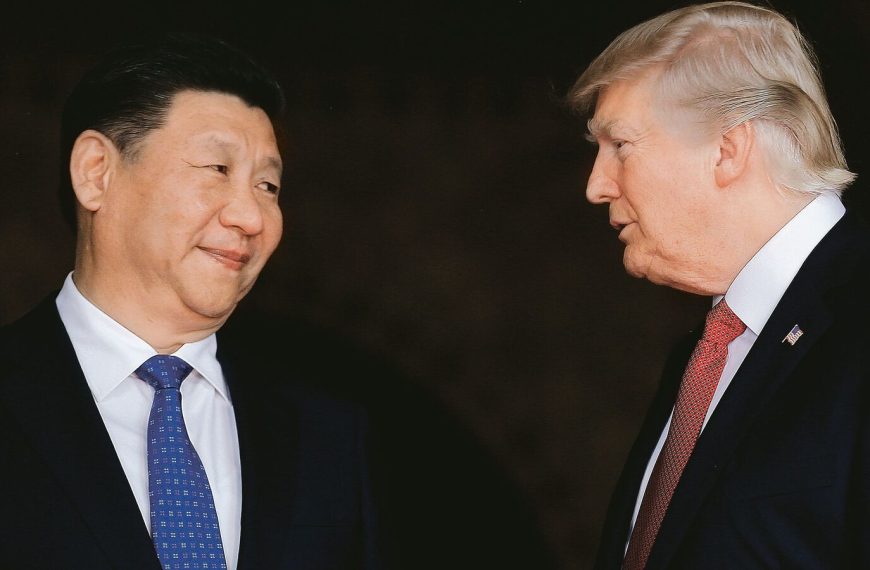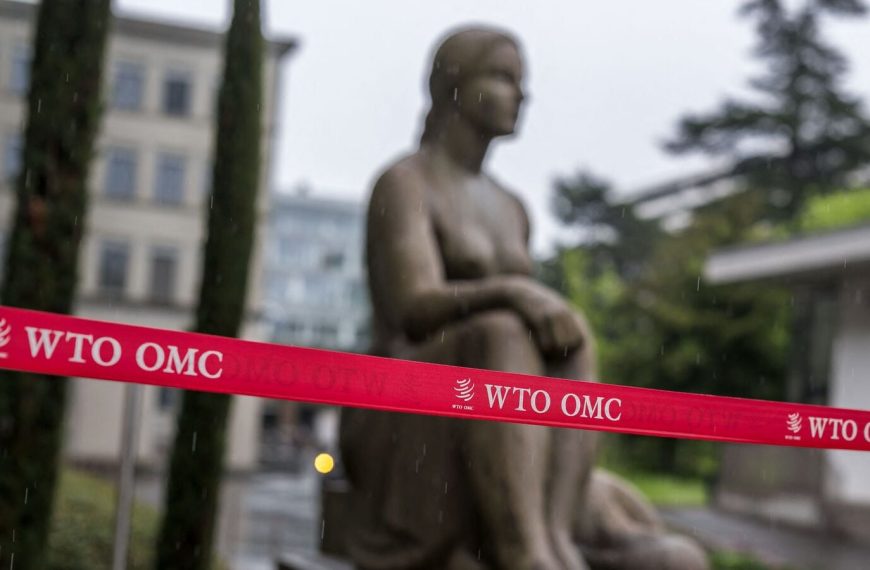In a significant address at the Reserve Bank of New Zealand, Deputy Governor Mann clarified her recent decision to advocate for a substantial half-point cut in interest rates. This bold move, made last month, has shifted her reputation from a hawkish stance to one more aligned with dovish policies. While her vote surprised financial markets, leading to immediate reactions, she emphasized the need for a restrictive monetary policy to combat ongoing inflation issues.
A Shift in Monetary Policy Approach
Mann’s vote in February to reduce borrowing costs to 4.5% was unexpected, particularly as it marked the third consecutive reduction. She explained that her decision stemmed from overwhelming signals that were being obscured by cross-border financial influences, especially from the United States. These influences have notably affected borrowing costs during periods when the Bank of England maintained steady interest rates.
- Key points from Mann’s speech:
- Active Policy: She argued for decisive actions in monetary policy to effectively guide economic expectations.
- Inflation Concerns: Despite her vote for a rate cut, Mann stressed that inflation remains a pressing issue, forecasting a rise to 3.7% in the near future.
Navigating Financial Turbulence
Mann articulated her belief that monetary policy must adapt to the current economic landscape, which is marked by uncertainty and volatility. “Monetary policy must navigate through choppy financial markets, shock-ridden economies, and sticky expectations,” she remarked. Her recent vote for a larger rate cut aims to cut through the turbulence and better communicate the policy’s intentions.
She further clarified that even with a potential cut to 4.25%, monetary policy would still be restrictive enough to assess the persistence of inflation effectively. This dual strategy of taking bold actions while maintaining a high rate is what she describes as an “activist monetary policy strategy.”
Reevaluating Gradualism in Policy
Mann reflected on the traditional approach of gradualism, which once suited more stable financial conditions. Today’s landscape, characterized by rapid shifts in financial markets, necessitates a reevaluation of that approach. “The founding premise for a gradualist approach to monetary policy is no longer valid,” she stated, advocating for a more dynamic response to economic conditions.
In a subsequent Q&A session, Mann addressed concerns about whether her activist approach was appropriate given the uncertain economic climate. She pointed out that the lack of decisive monetary policy has contributed to this uncertainty. “If I make a wrong judgment, I’ll say so,” she stated, reaffirming her commitment to adaptability in decision-making.
Conclusion
Mann’s speech underscores a critical juncture in monetary policy as central banks worldwide grapple with persistent inflation and shifting economic indicators. Her readiness to embrace bold changes while advocating for a cautious approach to interest rates reflects an evolving understanding of the complexities within today’s financial environment. As inflationary pressures continue, the Reserve Bank of New Zealand’s strategy may serve as a crucial case study for other central banks navigating similar challenges.











